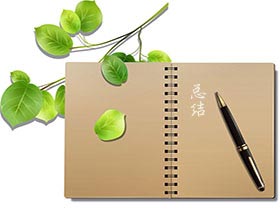八年级上册(仁爱版英语)重点归纳
Unit 1
Topic 1
重点词语:
1. almost(反义词)never
2.win(过去式)won(名词)winner
3.ski(现在分词)skiing 4.famous(比较级)more famous
5.arrive(同义词)reach 6.leave(过去式))left
7.popular(最高级)most popular 8.healthy(同义词)fit(名词)health
(1) 词组
1. during the summer holidays 在暑假期间
2. between?and? 在两者之间
3. cheer sb. on 为某人加油
4. prefer doing sth. 更喜欢做某事
6. plan to do sth. 计划做某事
8. go skating/skiing/bicycling/climbing/hiking 去滑雪/滑冰/骑车/爬山/远足
12. leave for? 动身去?
13. the day after tomorrow 后天
16. play baseball 打棒球
17. at least 至少
18. be good at 善于做某事
19. take part in 参加
20. all over the world 全世界
21. be good for 对??有益
22. a good way 一种好方法
…… …… 余下全文


